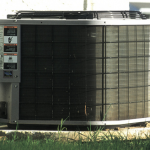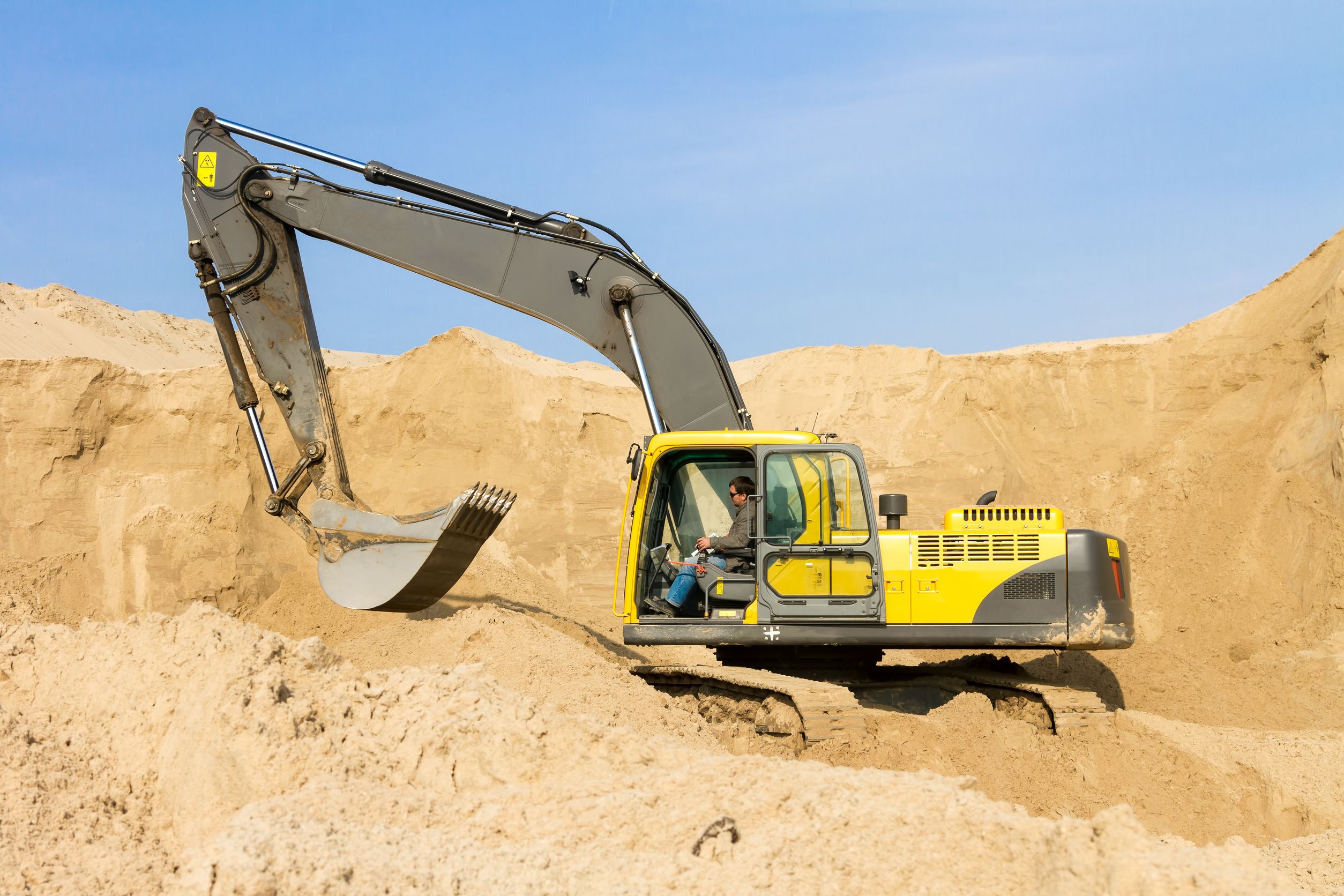Many small companies and startups have a need for specific types of equipment that may not be specific to their processing line or their industry. A good example of this is the use of industrial platform scales that can be used in a wide range of applications from filling and batching to weighing production on a loading dock.
Making a first time purchase of these types of scales is a big investment, and it is important to make sure the scale selected will provide the weighing capacity needed immediately as well as provide the necessary capacity into the future.
There are some simple factors to consider when comparing different makes, models and brands of industrial platform scales. Take the time to review the different features and options offered, and to also talk to the sales reps with a few different companies to ask the questions you need to make an informed choice.
Capacity of the Scale
Platform scales come in a wide range of different weight capacities. Ideally, consider how much weight will be placed on the scale at any one time, as this will be important to choose the weight range for the scale.
Overloading the scale will result in inaccuracy in weighing and an increased risk of damage to the load cells resulting in costly repairs and downtime. Upgrading to a larger scale capacity will allow for future growth and expansion, but it is important to ensure the weight range covers our current needs as well.
Size of the Platform
The actual platform size for the scale will be another important factor. Floor scales will typically have a much larger platform, and pallet scales are specifically designed to comfortably accommodate palleted loads to be weighed on the scale with ease.
The size of the platform will also need to be considered in conjunction with the specific space on the dock or in the production area. Remember, equipment will need to be able to access the scale for loading and unloading, and this all needs to
factor into the model and specific design of the industrial platform scales under consideration.
Another consideration is the height of the scale. Different manufacturers will have different sizes or profiles of their platform scales. There may even be different specialty features such as hermetically sealed load cells and other design options to reduce dust and water or moisture from getting into the load cell and under the platform.
Always choose scales from reputable, established scale manufacturers. Avoid buying used scales, even if they are a great price, as they can be inaccurate and poorly maintained, which is never a good deal.








